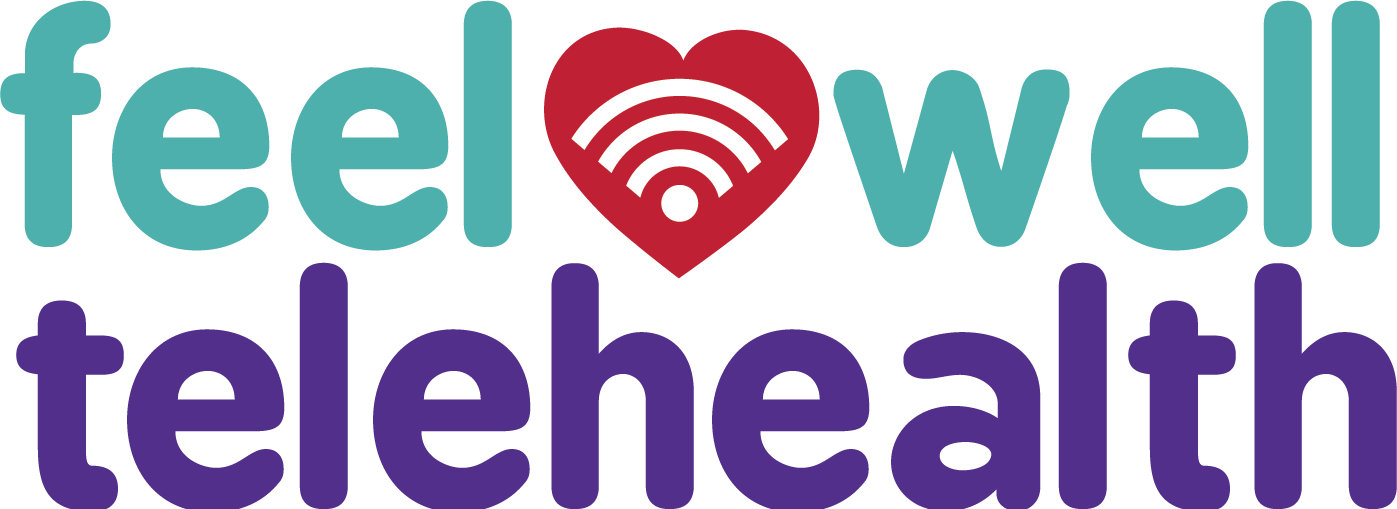Intermittent Fasting and your cholesterol

Did you know that your cholesterol plays important roles in your body including building cells and making hormones?
The American Heart Association defines cholesterol as a waxy substance, which isn’t essentially “bad.” But too much cholesterol can be a problem, leading to a higher risk of heart attack and stroke.
Can Intermittent Fasting impact your cholesterol?
Before answering this question, let’s understand cholesterol’s relationship with your liver.
Only about 20% of your cholesterol comes from the foods you eat. Your liver makes most of the cholesterol you need and sends it out for other cells functions. It also receives the excess cholesterol back for processing and removal from the body. Your cholesterol levels stay healthy when the liver is doing its job well.
However, your liver may be damaged and unable to recycle the cholesterol properly due to genetics or an unhealthy lifestyle. Just remember that science has debunked the low-fat diet as beneficial for cholesterol control and heart health. The main issue is to recognize the different kinds of fats.
Good fats are unsaturated. Some sources of good fats are olives, peanuts, avocados, most nuts, and most seeds. Fish such as salmon, mackerel, herring are rich in omega-3 fatty acids and are beneficial to keep a healthy cardiovascular system.
Are saturated fats good or bad? There’s a lot of conflicting information about it. The American Heart Association recommends limiting saturated fats – which are found in butter, cheese, red meat, and other animal-based foods. Saturated fats from grass-fed animals are preferred.
Trans fats are the worst. Your liver may work overtime when you eat foods containing trans fats. They increase your bad cholesterol and decrease your good cholesterol.
Most trans fats are made by adding hydrogen to cheap vegetable oil. They have been used by the food industry as it keeps food with a longer shelf life.
Some products to avoid are commercial baked goods such as cakes, cookies, and pies. Microwave popcorn. Frozen pizza. French fries. Doughnuts. Margarine. Processed foods in general are dangerous to your health.
Cholesterol travels to and from your cells via two types of lipoproteins.
- LDL is the bad cholesterol – Low-density lipoprotein. It moves cholesterol from your liver to your body. Some of the LDL particles can enter the walls of your arteries and form harmful cholesterol deposits.
- HDL is the good cholesterol – High-density lipoprotein. It carries some of the LDL (bad) cholesterol away from your arteries and back to your liver.
Triglycerides are the most common type of fat stored in your body, which comes from excess food consumption besides what is produced by your liver. High levels of triglycerides in addition to low levels of HDL can be an indication of insulin resistance and metabolic syndrome.
- Check your cholesterol It’s key to know your numbers and assess your risk.
- Change your lifestyle. Eat a healthy diet, exercise regularly, sleep well, stop smoking.
- Control your cholesterol, with help from your healthcare provider if needed.
Intermittent fasting has been shown to benefit cholesterol control in many studies. The effects of fasting on weight loss may play a role in this process.
It’s not about calories. It’s all about the quality of the calories and the time you eat. 100 calories of soda vs. 100 calories of salmon produces a different insulin response and fat storage.
Fasting lowers your glucose levels, so the pancreas stops the production of insulin and starts producing glucagon to prompt the liver to change glycogen into glucose for energy. After your liver stores of glycogen are depleted, your fatty cells mobilize fatty acids to supply the energy your body needs to function.
During intermittent fasting there is a switch from sugar-based energy to fat-based energy production.
Intermittent fasting is a broad term for time restricted eating. There are many ways to practice it and it’s important you have the guidance of your healthcare provider.
Remember that any lifestyle change has to fit your own needs and preferences to be sustainable long term.
I’m here for you


